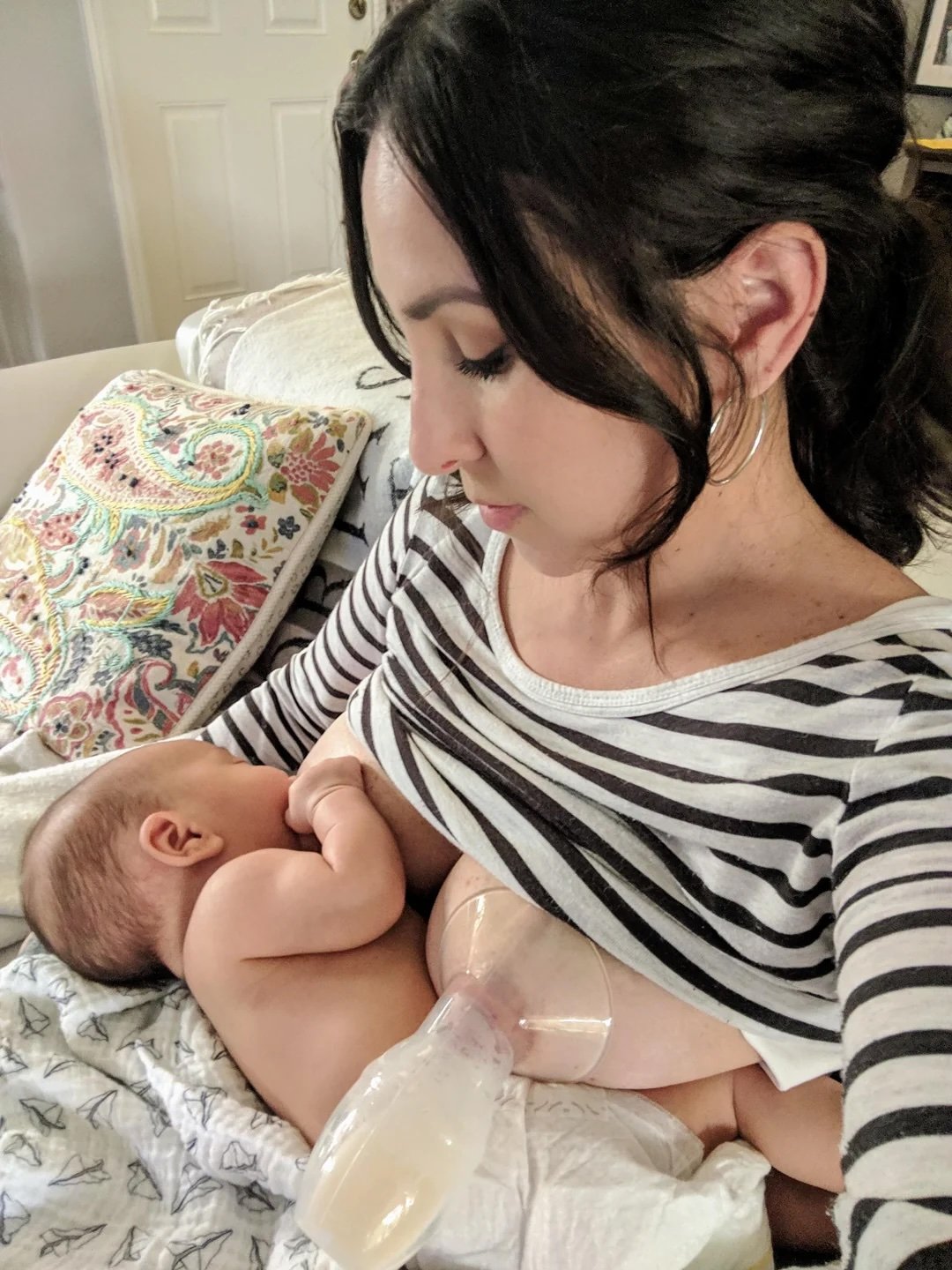
DO I NEED TO WORRY ABOUT LOW MILK SUPPLY?
Low milk supply is one of the most common concerns I see as a Breastfeeding Medicine physician, pediatrician, and IBCLC in Chicago. Unfortunately, by the time many patients find their way to me, we have already lost precious time in figuring out why the supply is low, and in starting to intervene to maximize production. Being aware of potential risks for low milk supply before giving birth can help you prepare and take steps to maximize your chances of successful breastfeeding once the baby arrives.

THE BENEFITS OF BREASTFEEDING WHEN YOUR BABY IS SICK
One of the amazing things about breastfeeding is that your body adjusts to meet your baby’s needs. When your baby is sick, your body actually produces more antibodies in your breast milk to help fight off the specific germs they are exposed to. This makes fresh breast milk incredibly beneficial when your baby is ill. The closer to the time of nursing that milk is produced, the more potent these protective properties will be.

TO HAAKAA OR NOT TO HAAKAA
The Haakaa has become a popular gift at baby showers and a commonly recommended tool for new moms. It’s marketed as an easy, hands-free way to collect milk, and it can indeed be very convenient. However, as with any tool, it’s important to understand both its benefits and potential drawbacks before incorporating it into your breastfeeding routine.

What is the difference between a Board-Certified Breastfeeding and Lactation Medicine Physician and a Lactation Consultant?
Breastfeeding is a deeply personal and sometimes challenging journey, and having the right support can make all the difference. Sometimes new mothers find themselves confused when seeking help to ensure they and their babies can enjoy a successful breastfeeding experience.

The Value of Prenatal Breastfeeding Consultations
Prenatal lactation consultations can be invaluable in setting the course for a successful breastfeeding journey. Find out the reasons one should see a Breastfeeding and Lactation Medicine physician or lactation consultant before having a baby.

TIPS for NURSING Sleepy Babies
Newborns, especially those born preterm or early term (around 35 to 37 weeks), often exhibit sleepiness while nursing at the breast. I like to call them "pokey" babies. Baby pokiness can lead to breastfeeding session that take a LONG time, or a feeding may end with a sleeping baby who did not eat much, so they wake up again to eat shortly after putting them down. After a while, this can lead to an especially tiring breastfeeding experience and may make you seek out the help of a lactation consultation. Find out some tips and tricks to keep a sleepy baby eating at the breast in this week’s blog post.
